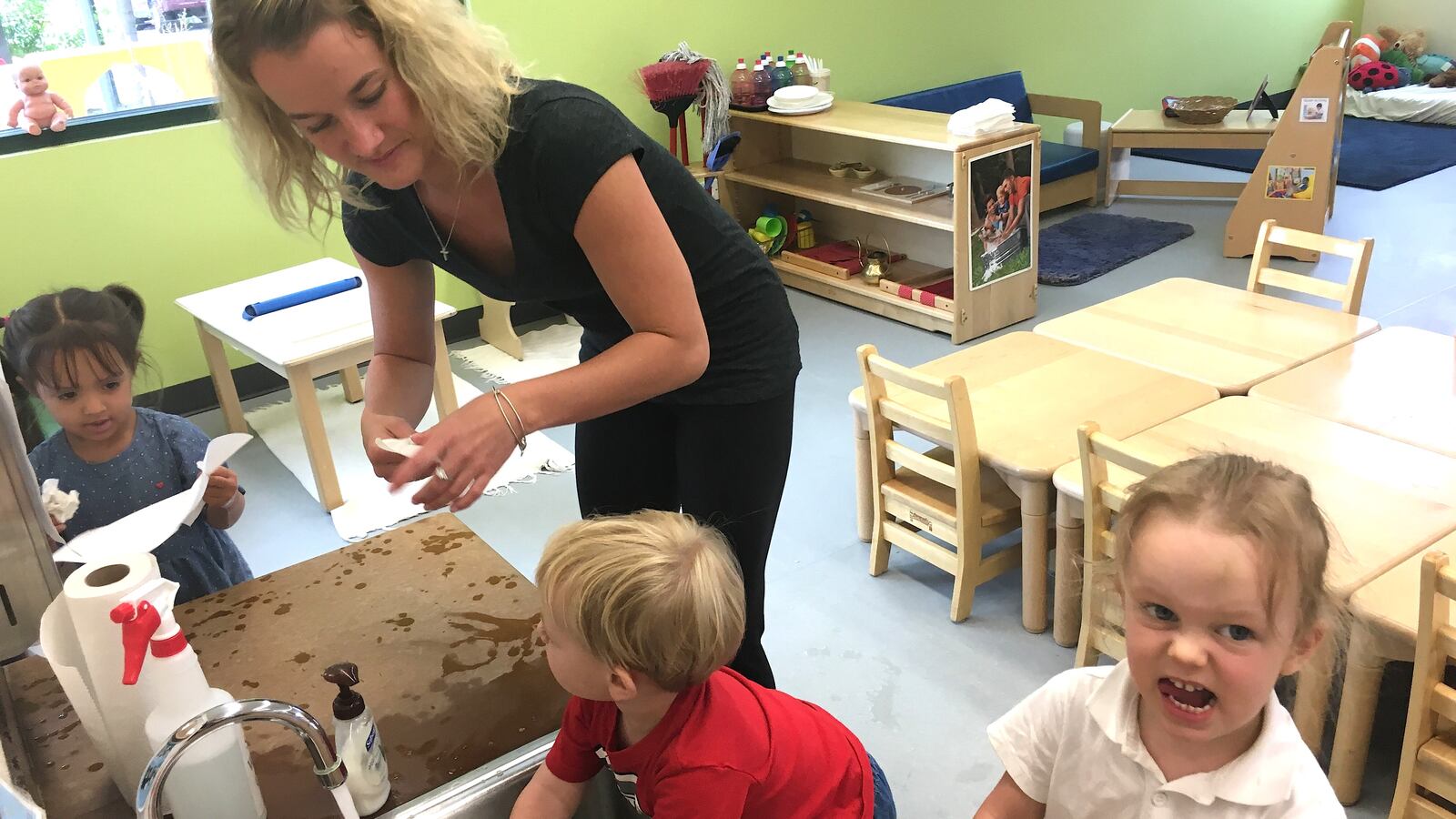Amid national debate on the disproportionate number of suspensions and expulsions given out to young boys and children of color, Colorado lawmakers and educators grappled with the best approach to discipline in 2017.
The year kicked off with a bill in the legislature to curb suspensions for early elementary and preschool students — a shift that would have put Colorado on the forefront of school discipline reform, some observers said. Although the bill had a broad array of backers, a Republican-controlled Senate committee killed the proposal after last-minute opposition from a group of rural school district leaders. Some of those leaders said suspensions weren’t a “rural problem,” but a Chalkbeat analysis found otherwise.
Despite the defeat, advocates of the bill expect a renewed push for the measure during the 2018 legislative session.
In the meantime, Colorado’s two largest school districts — Denver and Jeffco — spearheaded changes to reduce the number of suspension handed out to young children. In June, Denver’s school board instituted a policy limiting the suspension of preschool through third grade students, though some educators worried they weren’t being given enough support to handle kids who misbehave.
In Jeffco, after Chalkbeat wrote about the district’s high rate of early elementary suspensions, administrators commissioned a report on the issue with recommendations to increase the use of restorative justice practices and other alternatives to suspension.
Also in 2017, local early childhood leaders launched or expanded efforts to address key problems in the field — including teacher recruitment and retention and kids’ sometimes rocky transition to kindergarten.
At the same time, some early childhood advocates were forced to reckon with the perennial lack of funding that plagues the industry and constricts families’ choices. One of Denver’s most well-known child care providers, Clayton Early Learning, closed one of its two facilities last summer — a move observers said spotlights the high cost of quality child care.
But there were also bright spots in the funding landscape — some growing out of local efforts in Colorado’s rural towns and resort communities. A preschool in Holyoke found a way to give staff members generous raises and a growing number of cities and towns are getting new dollars for early childhood programs through sales or property taxes.
In Denver, several efforts — using a combination of public and private funds — aim to improve child care options in the city’s Elyria-Swansea neighborhood, which is designated a “child care desert.”
At the state level, officials promoted recently-created financial incentives for child care centers with top quality ratings, though some providers say earning those ratings is too much work.
Looking ahead to 2018, early childhood advocates hope to renew a tax credit that helps child care providers make ends meet. Plus, winners of a new early childhood innovation competition will get financial help to scale up their ideas.


